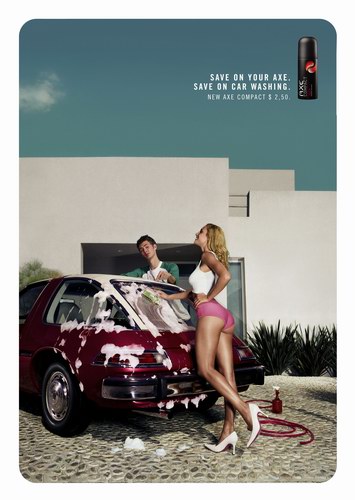The Vogue of Teens Perfumes {The 5th Sense in the News} {Scented Image}

As American young men have become apparently addicted to body sprays, Disney offers perfume lines targeting younger and younger consumers, and more and more candy-like notes crop up even in fragrances targeting more mature women, we might all be feeling the impact of an exacerbated youth culture in perfumery. Frederic Malle, an upscale elitist perfume house has even recently decided to partly dress down its brand image, in a manner of speaking, by offering a niche perfume for the young evoking jeans and clean laundry called Outrageous!........
Rachel Dodes has an article in the Wall Street Journal on the new wave of teens fragrances and the social implications of this trend, especially vis-à-vis the fragrance-free movement in schools.
But the burst of new scents could exacerbate debates over whether kids in school should be wearing perfumes and colognes at all. School districts in Rhode Island, Minnesota and Massachusetts have recently launched public-service campaigns that target fragrances as potential allergens.
The proponents of curbing or banning fragrances in schools -- mostly school officials and legislators in different states -- argue that excessive use of scents can trigger asthma attacks and cause headaches. Some workplaces and schools have scent bans in Canada, where strong odors have long been viewed as an air-quality issue.
Kevin Farr, superintendent of the Upper Cape Cod Regional Technical School, in Bourne, Mass., started a campaign last year to educate students about what he says is excessive use of body sprays and perfumes. He says the problem is compounded when kids use them in place of soap. "Kids don't shower the way they used to," he says, adding that boys in particular are clouding themselves in body sprays, such as Axe, to cover up perspiration odors after gym class.
Why School Stinks This Year .......
(Image from entermedia.ru)










I wonder why the question about banning perfume in school/public spaces seems so important only in North America?
I have no idea how much is really a health issue or a cultural issue.